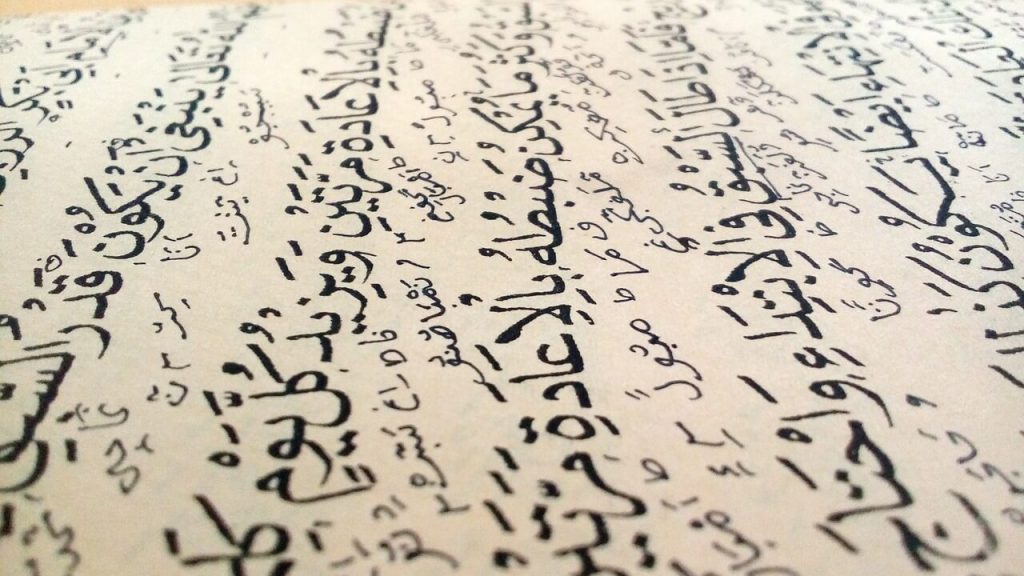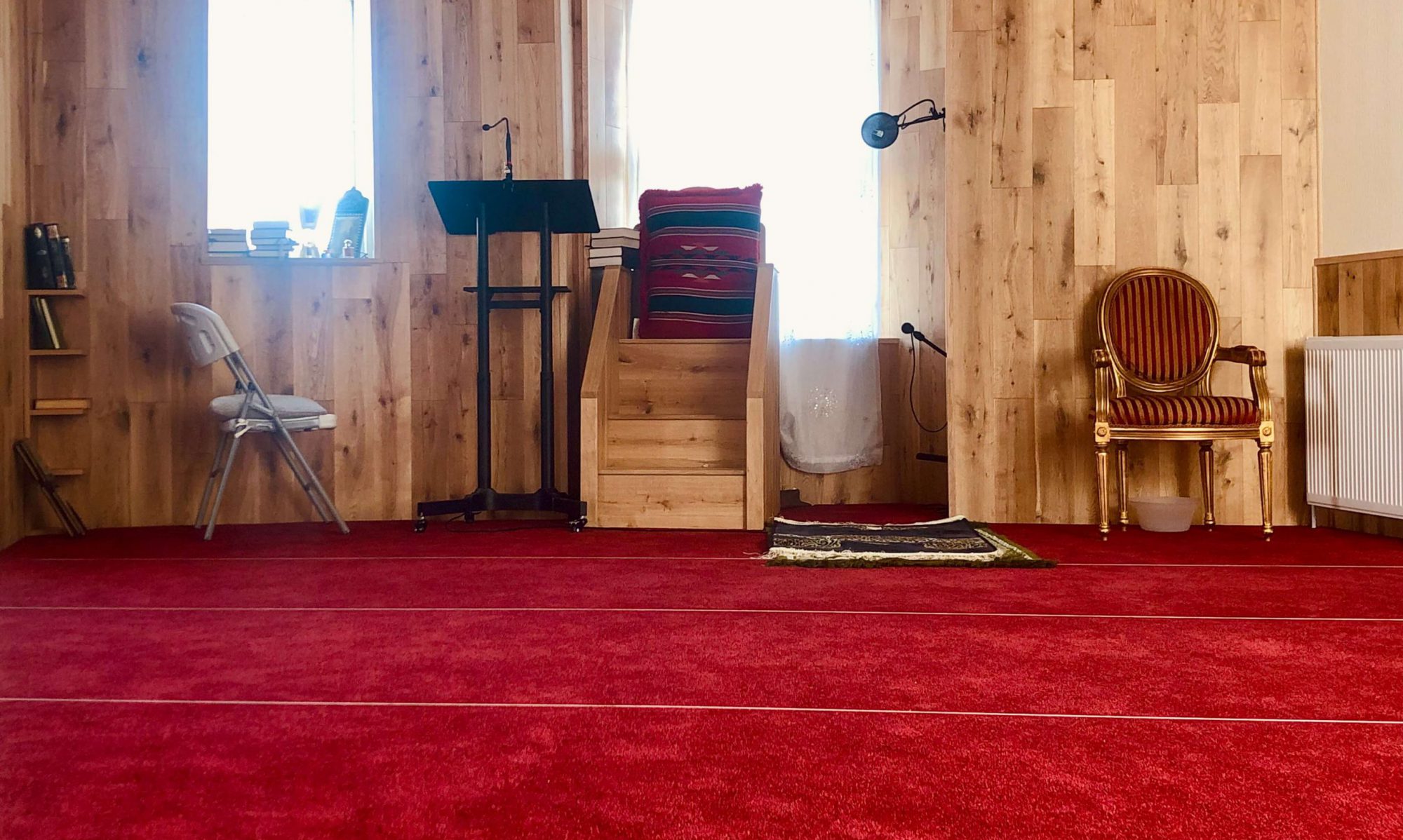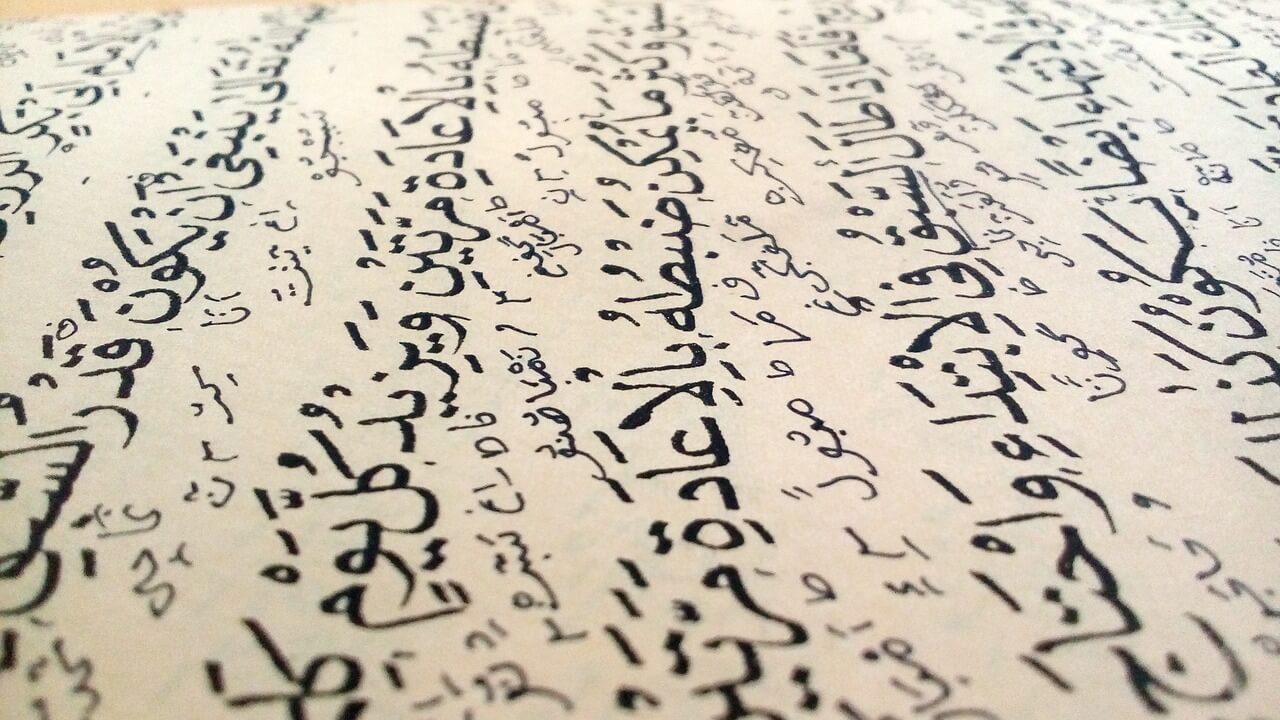وَقُل رَّبِّ زِدْنِى عِلْمًۭا
[Quran 20:114]
Ans say, “Increase my knowledge, my Lord.”
Arabic is composed of 2, 3, and sometimes 4 letter words. Most words can be traced back to a 3-letter root, which is the basis for a family of words each with related meanings. Take the English word paint. It acts as a base for many other nouns (things), verbs (actions), and even adjectives (qualities) through a little manipulation, e.g. painter, painted, and painterly etc. The study of how words are adapted into different patterns like this to alter their meaning is called morphology. There are thousands of roots in Arabic that students can encounter during their study, though as with any language, some words and patterns are much more frequent than others, and should be memorised first to help understand the language faster.

An important difference between English and Arabic is in the way words are classified. Grammatically, Arabic words all fall into three categories: ism (nouns, adjectives, determiners, and adverbs), fi’l (verbs), and ḥarf ‘particles’ (prepositions and conjunctions). Additionally to this, Arabic nouns and verbs will very often be combined with prefixes (at the beginning) that attach a preposition or conjunction, or suffixes (at the end) that expresses the word’s relationship with a another object or person.
The following lessons – adapted from Linguistic Miracle – cover the vast majority of classical Arabic grammar rules, and are designed for those who already have a steady ability to read Arabic with vowel markings, though cannot understand it. By focusing on one lesson a day, taking in all the content (down to every detail) of the lesson table carefully, students should be able to grasp all the basic and intermediate rules of the language in less than two weeks. Each lesson gives learners a stronger and stronger feel for how the Arabic language works, making it easier to listen to and understand the Quran, Hadiths, and Arabic speech.
Download our lesson book ‘A Perfect Ten: Learn Quranic Arabic In 10 Coloured Tables‘ below.
Allah knows best.
Last updated:
Jazak-Allah for reading. All knowledge, opinions, and translations expressed in our articles are the earnest study and reflections of the writer, prioritising honest interpretations of the Quran and authentic Hadith as evidence. Though the information contained does not necessarily represent the views of anyone other than the writer, all articles are cross-checked by brothers and sisters knowledgeable and experienced on the topic before being published on our site. We ask for forgiveness for presenting any information that comes to be incorrect or misleading, and accept that Allah is the Most-Knowing One.


